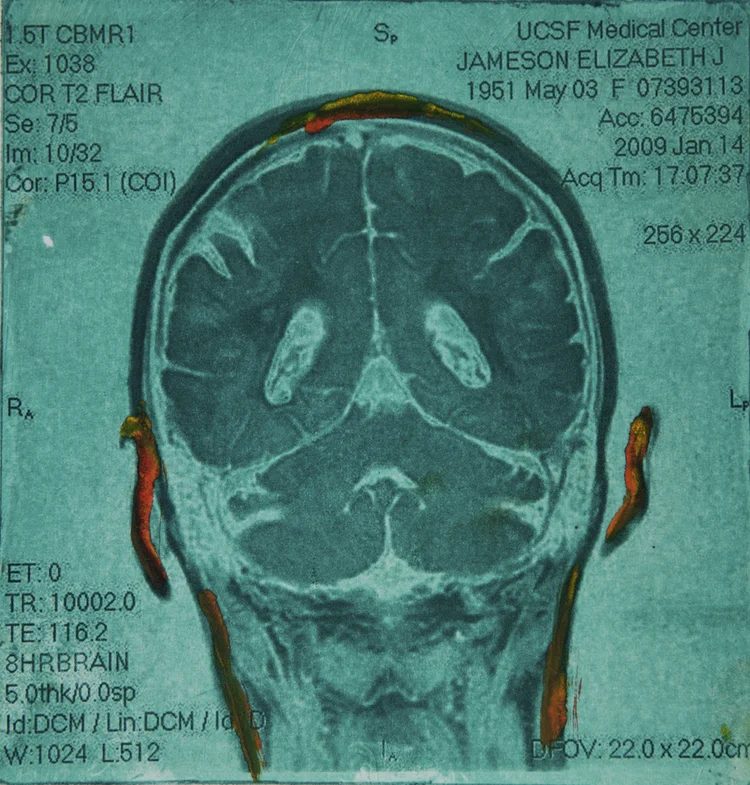In episode 4, titled The Replication Crisis Gets Personal, Yoel and Mickey discuss the replication crisis in psychology. What is meant by the replication crisis and how did it get started? Why does it appear like the field is split into two, with some young academics actively trying to reform psychology and more senior scholars suggesting the problems have been mostly overstated? How have academics dealt with the possibility that their own work might not be robust and replicable? Finally, how did one of the most notorious academic fraudsters get caught? Bonus: Did Mickey spike Toxoplasma gondii (crazy cat lady parasite) in Yoel’s beer?
Viewing entries tagged
science
Some of you might be asking why I’m bothering to do this. In the parlance of our time, some of you might be wondering if I am speaking in a braggadocious manner, showing off. If I am coming off this way, dear readers, please allow me this. In the past few months, I’ve revealed some skeletons in my closet, wallowed in self-pity, had fuck associated with my name, and divulged how I lost faith. So, please allow me this brief moment of pride.
More than having faith in individual findings, tools, or persons, practicing scientists need to have faith in the paradigm—the entire constellation of beliefs, values, and established ways of doing things. Without such faith, the entire enterprise falls apart. Without faith in past work, science can’t really make progress, needing to start anew with each new practicing scientist.
Science is brutal. It doesn’t care about you or me or anybody. Science is a killer, laying waste to our pet theories and dispatching our grandest ideas. Sometimes I hate science—that fucker doesn’t respect all my hard work!
During my dark moments, I feel like social psychology needs a redo, a fresh start. Where to begin, though? What am I mostly certain about and where can my skepticism end? I feel like there are legitimate things we have learned, but how do we separate wheat from chaff?
I would love to have a measure of replicability without bothering to replicate papers. I would also love a ranking of journals based on replicability; or a ranking of department’s rate of replicability for that matter. I just don't think such a measure exists just yet.
Filter By Keyword
- neuroscience
- self-control
- emotion
- motivation
- ego depletion
- cognitive control
- effort
- ERN
- anterior cingulate cortex
- prejudice
- empathy
- stigma
- meaning
- stereotype threat
- replication
- experience sampling
- self-regulation
- decision making
- uncertainty
- meta science
- religion
- cognitive dissonance
- education
- fatigue
- morality
- acceptance
- artificial intelligence
- prosociality
- mindfulness
- political psychology
Latest Tweets
News
A new study has warned that without intervention, ADHD education could cause many young people to wrongly diagnose themselves
Growing awareness and education around ADHD may be leading to false self-diagnoses among young people, a new study has claimed. Researchers from the University of Toronto say that while education is crucial, it may also trigger a mistaken belief that common issues that young adults face, like tiredness and irritability, are the symptoms of ADHD. The study’s lead author, Dasha Sandra, said young people should not be discouraged from seeking help, but believes mental health education needs to be refined to include more context around the symptoms.
Learning to play a musical instrument is hard. So is trying to run a marathon, writing a term paper, and caring for a sick child. These things involve frustration, pain, and disappointment — yet we do them anyway. In part two of Hidden Brain’s look at the allure of suffering, psychologist Michael Inzlicht explains what we get from doing things that are difficult, and why the things we think will make us happy often do not.
Listen Here
Collaborators
- Joshua Aronson, New York University
- Avi Ben-Zeev, San Francisco State University
- Elliot Berkman, University of Oregon
- Kirk Brown, Virginia Commonwealth University
- Daryl Cameron, Penn State University
- Belle Derks, Utrecht University
- Jennifer Gutsell, Brandeis University
- Greg Hajcak, Florida State University
- Eddie Harmon-Jones, University of New South Wales
- Jacob Hirsh, University of Toronto
- Cendri Hutcherson, University of Toronto
- Sonia Kang, University of Toronto
- Michael Larson, Brigham Young University
- Lisa Legault, Clarkson University
- Ian McGregor, University of Waterloo
- Marina Milyavskaya, Carleton University
- Sukhvinder Obhi, McMaster University
- Liz Page-Gould, University of Toronto
- Travis Proulx, Cardiff University
- Blair Saunders, University of Dundee
- Brandon Schmeichel, Texas A&M University
- Zindel Segal, University of Toronto
- Alexa Tullett, University of Alabama
University of Toronto
Organizations
- Association for Psychological Science
- Canadian Psychological Association
- Canada Foundation for Innovation
- International Social Cognition Network
- International Society for Research on Emotion
- National Academy of Education
- Natural Sciences and Engineering Research Council of Canada
- Social and Affective Neuroscience Society
- Social Psychology Network
- Social Sciences and Humanities Research Council
- Society for Personality and Social Psychology
- Society for Psychophysiological Research
- Spencer Foundation


"I am aware it's a machine but it's super convenient and knows how to listen well whenever I need it," says Anna, a Ukrainian living in London. She is talking about her regular use of the premium version of ChatGPT, a chatbot powered by artificial intelligence.
What Anna – the BBC is not using her real name to protect her identity – finds particularly valuable isn't necessarily the AI's advice, but its ability to give her space for self-reflection.
"I have a history with it, so I can rely on it to always understand my issues and communicate with me in a way that suits me," she says. She is aware that this might seem odd to many people, including her friends and family, which is why she has asked to remain anonymous.
Read More